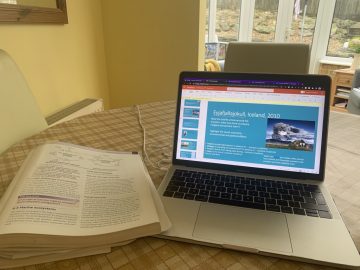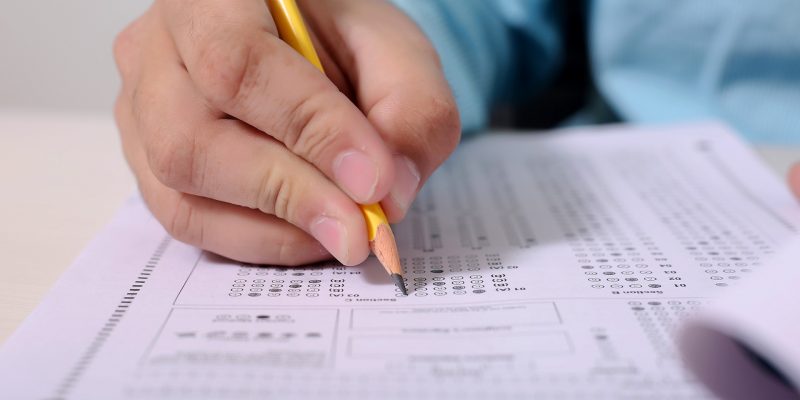Education Secretary Gavin Williamson confirmed on 6 January that both 2021 A-Level and GCSE results will be decided by teacher-assessed grades.
This follows a similar decision made by the government last March where all examinations in England were cancelled and grades were determined by teacher predictions and a standardisation algorithm.
The choice was met by a public outcry, with criticism being drawn to the downgrading of results for those who attended state schools.
No algorithm will be used this time but the process will be reliant on teachers using coursework, mock exams and homework to make decisions.
Year 13 A-Level student Ellie Randall says she is glad exams have been scrapped as it was “unrealistic to expect us to be able to sit exams when we haven’t actually been at school for nearly half of our sixth form experience.
“Many Year 13s have struggled with their mental health during lockdown and aren’t in the right mental state to be able to sit exams due to the amount of stress we are under,” she added.

Ofqual, the government department that regulates exams and tests in England, has also proposed using mini-exams as some additional help in deciding grades.
Students would sit these at home and have them marked by their teachers. These would be used as part of final assessments for student results.
Year 11 GCSE student Max Arnold said he is pleased with the suggestion of mini-exams being brought in: “I think they’re good because we’ve been told teachers can use them as evidence to support what grades they think we should get,” he said.
Like Ellie Randall, Max is also happy that exams had been cancelled as there is “less pressure on trying to catch up with all the work.
“However, with the way they’re doing it it could be improved slightly,” he added.
Traditional results days are also set to change, with the proposal to move them to early July instead of August.
This would increase the time for appeals and before the start of term for universities.


 Beyond Joe Wicks – why teachers worry the lack of PE will have lasting effects on children’s health
Beyond Joe Wicks – why teachers worry the lack of PE will have lasting effects on children’s health